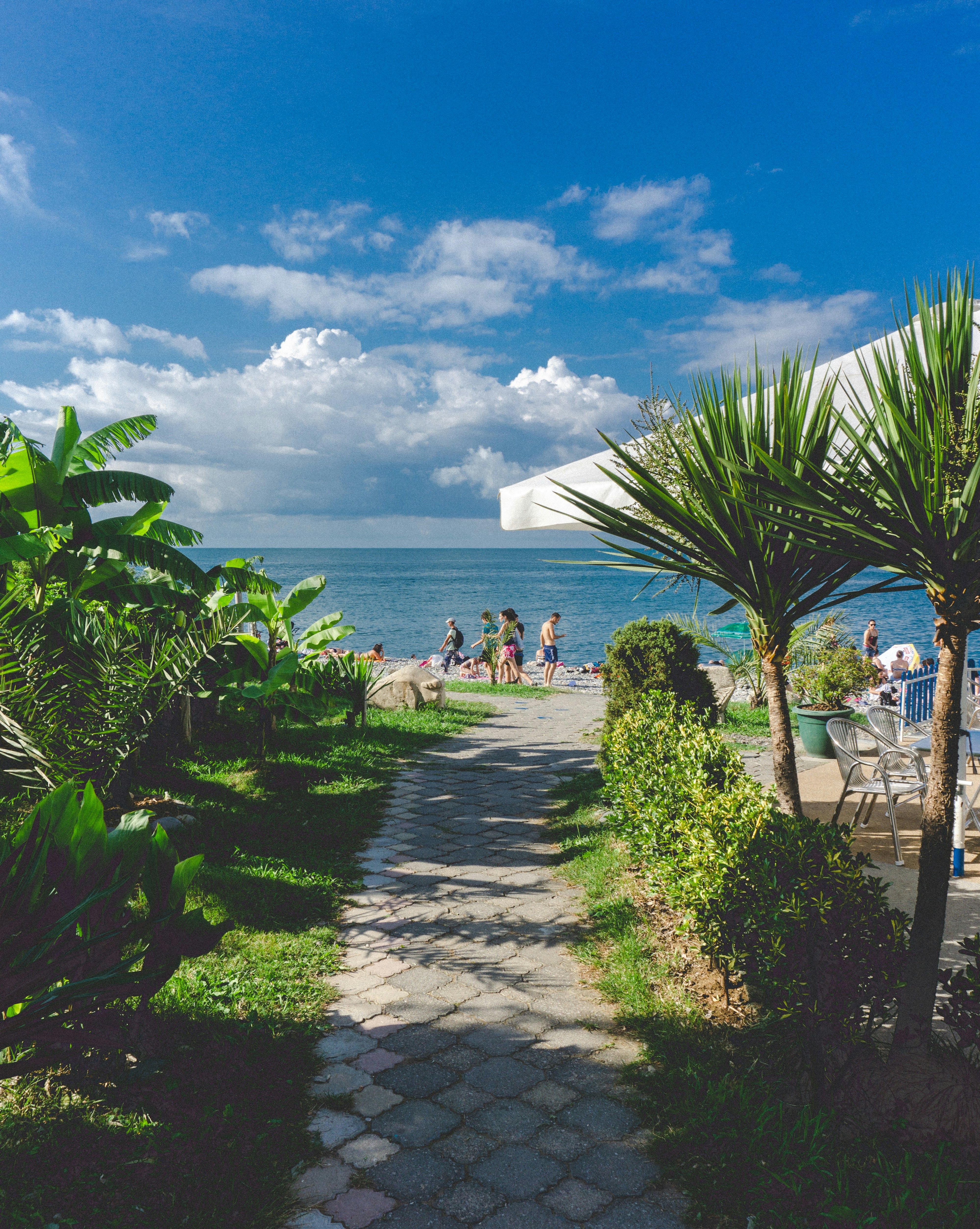Investigative Report on Potential Financial Lifeline for Argentina via Offshore Funds - Cash Saving Strategy for Argentina: The Role of Illicit Funds
Argentina is grappling with economic turmoil, particularly due to skyrocketing inflation that has made everyday goods unaffordable for many. According to Eduardo Perez, a trader, prices for everyday items have risen by more than 50 to 100 percent. Argentines are now seeking cheaper alternatives, with chicken replacing beef as a staple food.
Argentina holds the dubious distinction of having the highest inflation rate worldwide, behind Zimbabwe. In April 2024, it reached an unprecedented 290 percent. Despite a subsequent decrease, mistrust in the Argentine peso and banks remains high. Over 250 to 400 billion US dollars, far more than any other country outside the United States, are estimated to be held in cash or abroad by Argentine citizens.
Newly elected President Javier Milei aims to stabilize the economy and reduce the budget deficit by replacing the depreciated peso with the dollar, a move known as dollarization. Although this strategy has worked for countries like El Salvador, Panama, and Ecuador, Argentina lacks the necessary foreign exchange reserves and financial stability. Consequently, a black market for currency exchange has flourished in Buenos Aires.
Milei proposes to legalize the use of black money, encouraging savers to spend their undeclared US dollars within the economy. This move could potentially benefit the economy by increasing consumer spending and investment, boosting GDP growth. However, it might also widen income inequality, legitimize the informal economy, and exacerbate inflation.
The government plans to relax or abolish reporting requirements introduced in 2019 to encourage the use of black money. These measures initially aimed to stabilize the plunging peso but instead caused a distortion between the black market and official exchange rate. With these moves, Milei risks facing political opposition amid concerns that his policies favor the wealthy or undermine social safety nets.
In the long term, Milei's plan aligns with his broader strategy to dollarize the economy gradually, which could lead to a more stable currency environment but also risks undermining the national currency and economic dependency on the U.S. dollar. The government's focus on deregulation could increase economic efficiency but potentially undermine important consumer and worker protections.
Argentina's plan to legalize black money and encourage its use in the economy is a complex strategy with both potential benefits and risks. It could temporarily boost economic activity but may also exacerbate existing economic challenges like inflation and widening income inequality.
[1] Herrera, J. (2023). Argentina's Currency Struggle: Milei's Dollarization Efforts. The Economist.
[3] Sánchez, M. (2024). Argentina's Economic Forecast in 2025. Finance Daily.
[4] Thompson, A. (2023). Political Reactions to Milei's Economic Policies. The Guardian.
[5] Campos, R. (2023). The Pros and Cons of Dollarization. Latin American Policy.
- Amid Argentina's economic crisis, with the highest inflation rate globally and a depreciated Argentine peso, President Javier Milei proposes to legalize the use of black money as a means to boost consumer spending and investment, potentially increasing GDP growth, but risking widening income inequality and legitimizing the informal economy.
- The government's focus on deregulation, such as relaxing or abolishing reporting requirements, aims to encourage the use of black money and increase economic efficiency, but may also undermine important consumer and worker protections, causing concern among critics who argue that Milei's policies could favor the wealthy or undermine social safety nets.




